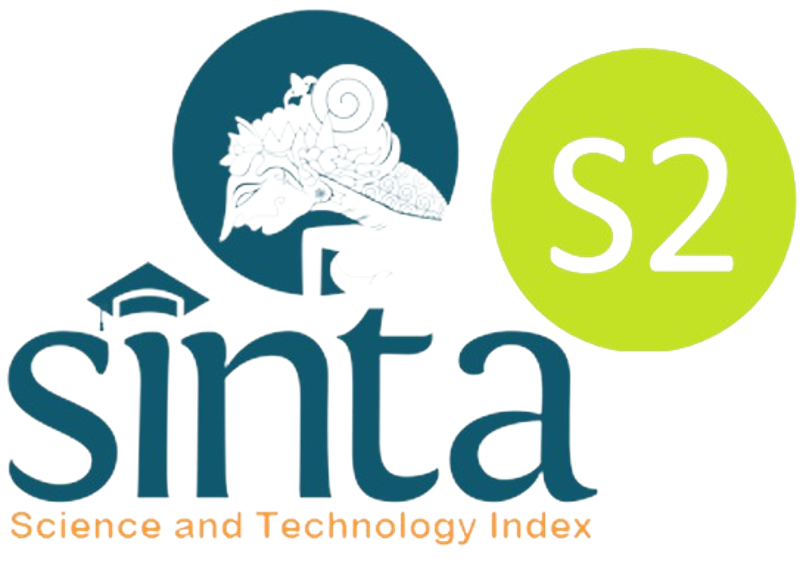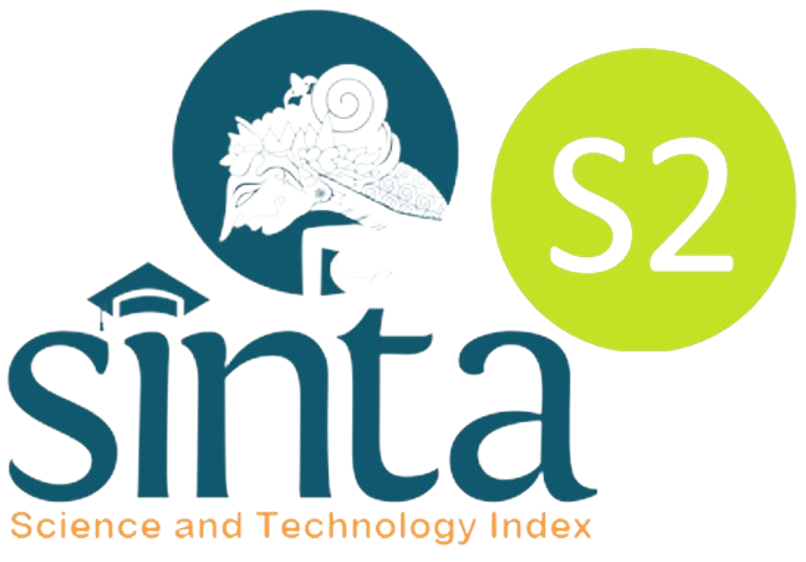PENGEMBANGAN PERANGKAT PEMBELAJARAN KIMIA BERBASIS STRATEGI BELAJAR PETA KONSEP UNTUK MENINGKATKAN PEMAHAMAN KONSEP DAN KEMAMPUAN BERPIKIR KRITIS SISWA SMA
DOI:
https://doi.org/10.26740/jpps.v5n2.p1023-1031Keywords:
Teaching Material, Concept Map Strategy, Understanding of Concept, Critical Thingking AbilityAbstract
The purpose of this research is produce chemistry teaching material using concept map strategy that valid, practical, and effective to improve understanding of concept and critical thingking ability of student in senior high school. The development of teaching material used to four D Models and was tested to 2 classes in class X of SMAN 1 Muara Bengkal second semester in academic year 2014/2015. Teaching material tested to One-Group Pretest-Posttest Design. Tested of teaching material used to one group pretest and posttest design. The data collection used observation method, test, and quetionnaires. The data analysis techniques used descriptive analysis of quantitative, qualitative and statistic non parametric. The results of this research are: 1) Teaching material developed has a valid category; 2) The practicality of teaching material in terms of a good category in feasibility of lesson plans and the students activities in accordance with steps of direct instruction using concept map strategy; and 3) The teaching material effectiveness in terms of: (a) Improving understanding of concept and critical thingking ability of student by getting the n-gain score from students and the result of non parametric analysis (b) The students responds toward material and implementation of teaching are very positive. Its conclusion that the teaching material through concept map strategy are valid, practical, and effective to improve understanding of concept and critical thingking ability of student in senior high school.
Penelitian ini bertujuan untuk menghasilkan perangkat pembelajaran Kimia yang berbasis strategi belajar peta konsep yang valid, praktis, dan efektif untuk meningkatkan pemahaman konsep dan kemampuan berpikir kritis siswa SMA. Pengembangan perangkat pembelajaran menggunakan model 4-D dan diujicobakan pada 2 kelas di kelas X SMA Negeri 1 Muara Bengkal pada semester genap tahun ajaran 2014/2015. Ujicoba perangkat pembelajaran menggunakan rancangan One-Group Pretest-Posttest Design. Pengumpulan data menggunakan metode observasi, tes, dan angket. Teknik analisis data menggunakan analisis deskriptif kuantitatif, kualitatif dan uji statistik nonparametrik. Temuan hasil penelitian, yaitu: 1) Perangkat pembelajaran yang dikembangkan berkategori valid; 2) Kepraktisan perangkat pembelajaran ditinjau dari keterlaksanaan RPP berkategori baik dan aktivitas siswa sesuai dengan tahapan-tahapan pada model pembelajaran langsung yang menerapkan strategi belajar peta konsep; dan 3) Keefektifan perangkat pembelajaran ditinjau dari: (a) Peningkatan Hasil belajar pemahaman konsep dan kemampuan berpikir kritis siswa yang terlihat dari nilai n-gain masing-masing siswa serta hasil analisis data nonparametrik yang telah dilakukan; (b) Respon siswa terhadap perangkat dan pelaksanaan pembelajaran sangat positif. Disimpulkan bahwa perangkat pembelajaran kimia berbasis strategi belajar peta konsep yang dikembangkan valid, praktis, dan efektif untuk meningkatkan pemahaman konsep dan kemampuan berpikir kritis siswa SMA.
Downloads
Downloads
How to Cite
Issue
Section
 Abstract views: 428
,
Abstract views: 428
, PDF Downloads: 690
PDF Downloads: 690













